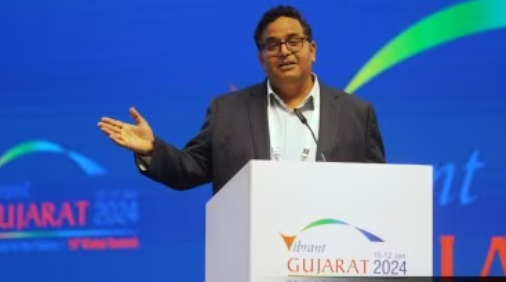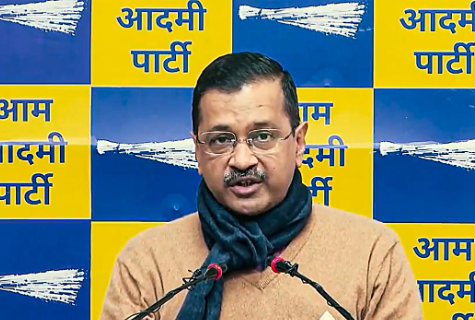
AAP Defiant: Arvind Kejriwal Bold Move Against ED Summons Amidst PM Modi’s Crosshairs
AAP: Kejriwal Stays Resolute, Skips ED Summons for the Fifth Time, Takes Aim at PM Modi
The ongoing saga surrounding the Delhi excise policy case has taken another twist as the Aam Aadmi Party (AAP) levels serious accusations against Prime Minister Narendra Modi while defending Delhi Chief Minister Arvind Kejriwal‘s decision not to appear before the Enforcement Directorate (ED) for questioning. Amidst allegations of a politically motivated agenda, the AAP contends that PM Modi’s ultimate goal is to apprehend Kejriwal and orchestrate the downfall of the Delhi government.
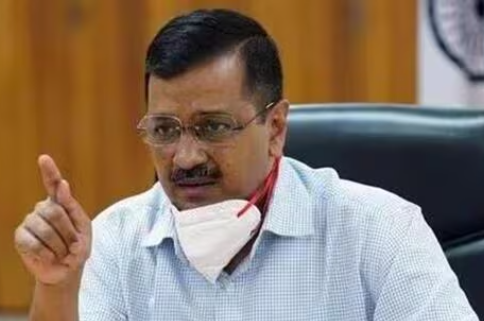
In a bold statement, the Aam Aadmi Party declared that Arvind Kejriwal would once again abstain from appearing before the ED, labeling the summons as “unlawful.” While asserting their willingness to adhere to lawful summons, the party vehemently opposes what they perceive as a targeted attack on Kejriwal orchestrated by PM Modi. Refusing to yield to what they perceive as political maneuvering, the Aam Aadmi Party vows to safeguard the integrity of the Delhi government against any attempts of subversion.
Sources within the AAP confirm that Kejriwal’s absence from the ED questioning session is imminent, marking the fifth consecutive instance where he has refused to comply with the summonses issued by the probe agency. With tensions escalating between the AAP and the central government, the party remains resolute in its stance, denouncing the summonses as illegitimate and part of a broader political vendetta.
Amidst the legal skirmish, Kejriwal is slated to participate in a protest alongside Punjab Chief Minister Bhagwant Mann outside the Bharatiya Janata Party (BJP) headquarters. The protest is a response to the alleged irregularities in the Chandigarh mayoral elections, where the BJP emerged victorious, prompting allegations of ballot tampering from the AAP-Congress coalition.
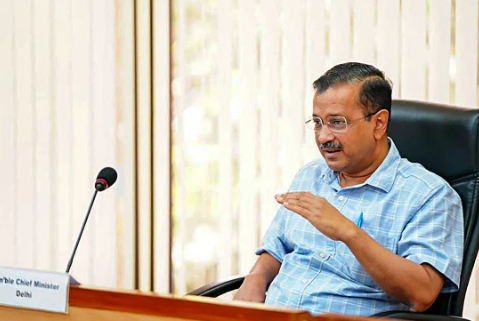
The decision to stage the protest in Delhi underscores the AAP’s commitment to challenging perceived injustices and defending democratic principles. It represents a broader struggle against what the AAP perceives as attempts to undermine the democratic process and silence dissenting voices.
The ongoing legal tussle between Kejriwal and the ED traces back to the Delhi excise policy case, wherein the ED alleges money laundering linked to the now-defunct excise policy. Despite repeated summonses, Kejriwal has steadfastly refused to comply, branding the notices as unlawful and indicative of a larger political conspiracy. The AAP’s steadfast support for Kejriwal in the face of mounting legal pressure underscores their unwavering commitment to protecting the integrity of the Delhi government and resisting external interference.
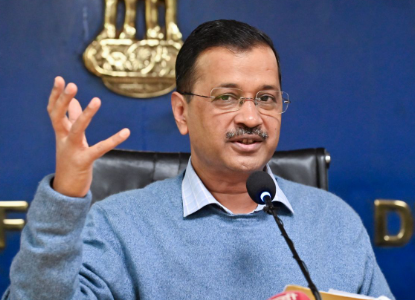
At the heart of the matter lies the ED’s accusations regarding the Delhi government’s excise policy, which purportedly facilitated cartelization and favored certain liquor traders allegedly involved in bribery. However, these accusations have been vehemently refuted by the Aam Aadmi Party , who argue that the policy was implemented with the best interests of the public in mind. The subsequent scrapping of the policy and the initiation of a Central Bureau of Investigation probe at the behest of Delhi Lieutenant Governor VK Saxena have only served to escalate tensions between the AAP and central agencies.
As the legal battle rages on, the AAP remains steadfast in its defense of Kejriwal and the Delhi government, framing the ongoing saga as a critical juncture in the fight to uphold democratic values and protect the interests of the people. With each refusal to comply with the ED’s summonses, Kejriwal and the AAP reaffirm their commitment to resisting what they perceive as political vendettas and safeguarding the democratic institutions of the nation.
As Arvind Kejriwal’s defiance against the ED continues, it’s essential to examine the broader implications of this standoff. Kejriwal’s repeated refusal to appear before the ED not only reflects his personal resolve but also underscores deeper political tensions between the AAP-led Delhi government and the central government, particularly under the leadership of Prime Minister Narendra Modi.
The Aam Aadmi Party allegations that PM Modi is orchestrating a concerted effort to arrest Kejriwal and destabilize the Delhi government add a layer of complexity to an already contentious situation. These accusations raise questions about the politicization of law enforcement agencies and the potential erosion of democratic norms in India’s political landscape.
Furthermore, Kejriwal’s decision to participate in a protest against alleged electoral malpractices in Chandigarh highlights the interconnectedness of political events across different regions of the country. The AAP’s involvement in protests outside the BJP headquarters demonstrates a proactive approach to challenging perceived injustices and holding ruling parties accountable for their actions.
For the latest updates-click here.

